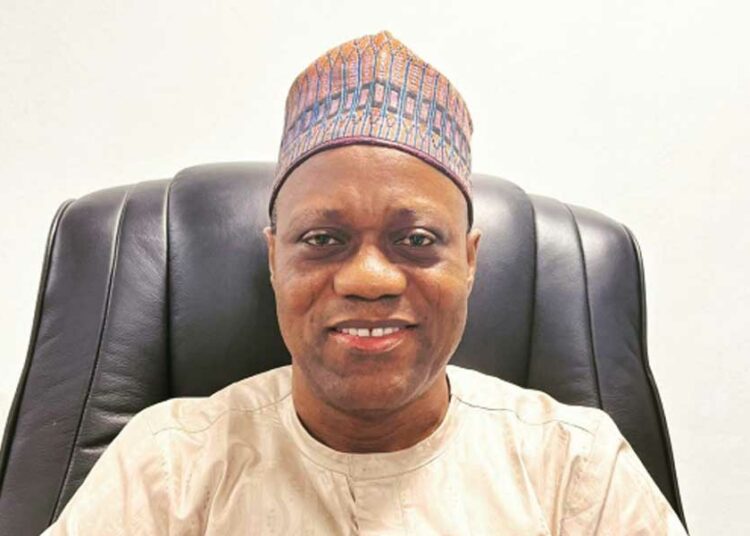The Statistician-General of the Federation and Chief Executive Officer of the National Bureau of Statistics (NBS), Prince Adeyemi Adeniran, has attributed the marginal growth in Gross Domestic Product (GDP) and reduction in the unemployment rate to the harvesting season and rise in crude oil production.
He stated this in Asaba, Delta state while addressing newsmen on the sidelines of the 2nd Bi-Annual 2024 National Consultative Committee on Statistics, NCCS Meeting.
The National Consultative Committee on Statistics Meeting is a forum where statisticians discuss trends and challenges in the statistical system and proffer recommendations to improve the country’s data processing structure.
Delta State Governor Elder Sheriff Oborevwori, represented at the event by the Deputy Governor Sir Monday Onyeme, said the theme: Enhancing Data Integration and Interoperability in Nigeria Statistical System” was apt, describing the need for accurate data as indispensable for policy formulation and direction.
“We will continually strengthen our structure responsible for data collection and management with necessary technical tools and skills.”
Meanwhile, Adeniran, who reacted to the recent NBS report on vital economic indexes like GDP and unemployment rate, explained that seasonal trends in the agricultural sector and increased crude oil output informed NBS projections.
“3.46 (GDP growth) does not mean poverty is eradicated – no, but gradual progress is being made.”
The NBS Chief also noted the bureau’s plans to coordinate data from the 36 States of the federation and the FCT. It appealed to states that have yet to establish a statistics office to enact the appropriate laws to develop one.
Delta State Commissioner for Economic Planning, Mr Sonny Ekedayen, called for a more efficient data gathering and management system.
The commissioner encouraged statisticians to gather, synthesise, share, and access data, which can profoundly affect its quality, integrity, efficiency, timeliness, and ability to be accessed in real time.
According to him, statisticians help provide insights into our people’s needs, how and where to deploy resources, trend analysis for more significant impact, and performance measurement.
He said it could not have been better chosen, mainly since the gathering of eggheads comprises the largest pool of statisticians in the country. It is a significant event in the country’s calendar, affecting planners and planning.
“Today, we gather to share knowledge, expertise, and experiences that will help to revolutionise. Your contributions, therefore, will be invaluable, especially in a clime like ours where data silos without handshake and interconnectivity are the norm, with the attendant consequences of data duplication, limitation in scope and depth, lack of peer review and ultimately, poor and inaccurate data.
“Just so you know, the country is keenly interested in the outcome of the deliberations at this conference. So, we look forward to very insightful discussions and recommendations on how to move forward.
“In Delta State, statisticians and accurate data for planning are accorded a pride of place. We are very mindful of the role of accurate data/ statistics in decision-making. And like the popular maxim says, “Whatever cannot be measured cannot be managed.”
“The Department of Statistics in Delta State has made significant achievements and has ongoing initiatives. These accomplishments and initiatives demonstrate our commitment to providing high-quality statistical data for planning. Today’s meeting, therefore, offers an opportunity for peer review, to address challenges, and to align our strategies,” Ekedayen stated.





